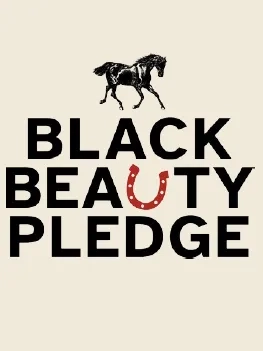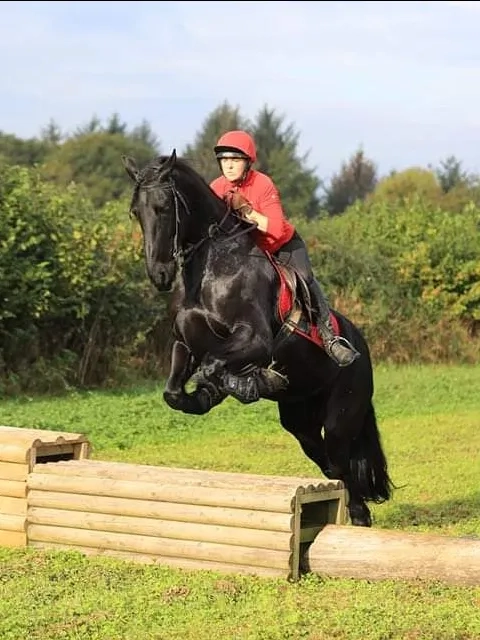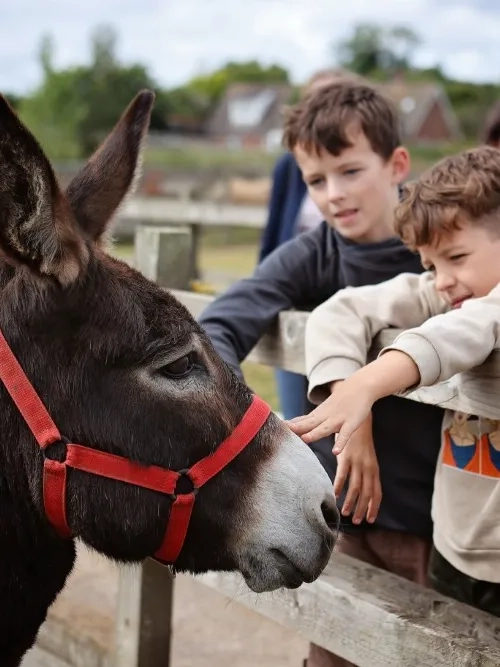11 November 2019

Strangles is the most commonly diagnosed infectious disease in horses worldwide. But, in the UK, we have a blood test that helps identify horses that may be sick or carrying the disease and could infect other horses.
When and whether to take a blood test can cause some confusion for horse owners and yard managers so we have asked our Senior Veterinary Surgeon and strangles expert, Nic de Brauwere, to help.
See our short film below to hear some frequently asked questions about blood tests answered by Nic.
In answer to the question “How long does the blood test last for?” this is his response. We hope this will help horse owners and yard managers better understand the limitations of relying on results of tests taken in the past when trying to clarify an individual horse’s disease status.
How long does a strangles blood test last for?
It tells you a horse’s immune status as measured by its strangles antibodies up until the date the blood is sampled, unless the horse is held in isolation from that time onwards in which case it is valid for as long as the quarantine is maintained.
As mentioned in our film, the level of antibodies varies in any one horse due to a number of factors, including the immune health of the horse and the time since it was exposed to strangles and the amount of strangles they were exposed to. Current knowledge suggests that horses can have high strangles antibodies in their blood up to eight months after having strangles. The test can also identify carriers, which is the main reason why screening is done.
To help identify recently infected horses that have not yet shown symptoms - and might never show obvious signs of strangles - sampling should be carried out at least 10 days after a horse goes into quarantine because this allows time for the immune system to react. If the horse is not isolated, then there is a chance the horse could contract strangles after being tested but before being moved.
Once a horse has been tested, the blood result is likely to be useful information for a period of months, even up to a year, if the following criteria are met:
Remember, if in doubt speak to your vet. They can help you find the best strangles screening option for you, whether that is when moving yards or as part of a pre-purchase examination.
You can find more information about strangles prevention for yards and horse owners by clicking here.
If you’re a yard manager and you already require screening for strangles at your business, please consider joining our campaign by taking the Stamp Out Strangles Pledge. Pledgers are offered support in ensuring your liveries comply with hygiene standards and yard agreements, and helps us to promote better biosecurity as the new norm that other yards should aspire to.
To read more about strangles, here’s some helpful links below:
What is Strangles? A helpful introduction to the disease
Premium Assured Strangles Scheme (PASS) - https://www.sruc.ac.uk/info/120473/premium_assured_strangles_scheme
Surveillance of Equine Strangles project - https://www.aht.org.uk/disease-surveillance/surveillance-equine-strangles

Redwings Press Office
Find out more about Redwings Press Office



